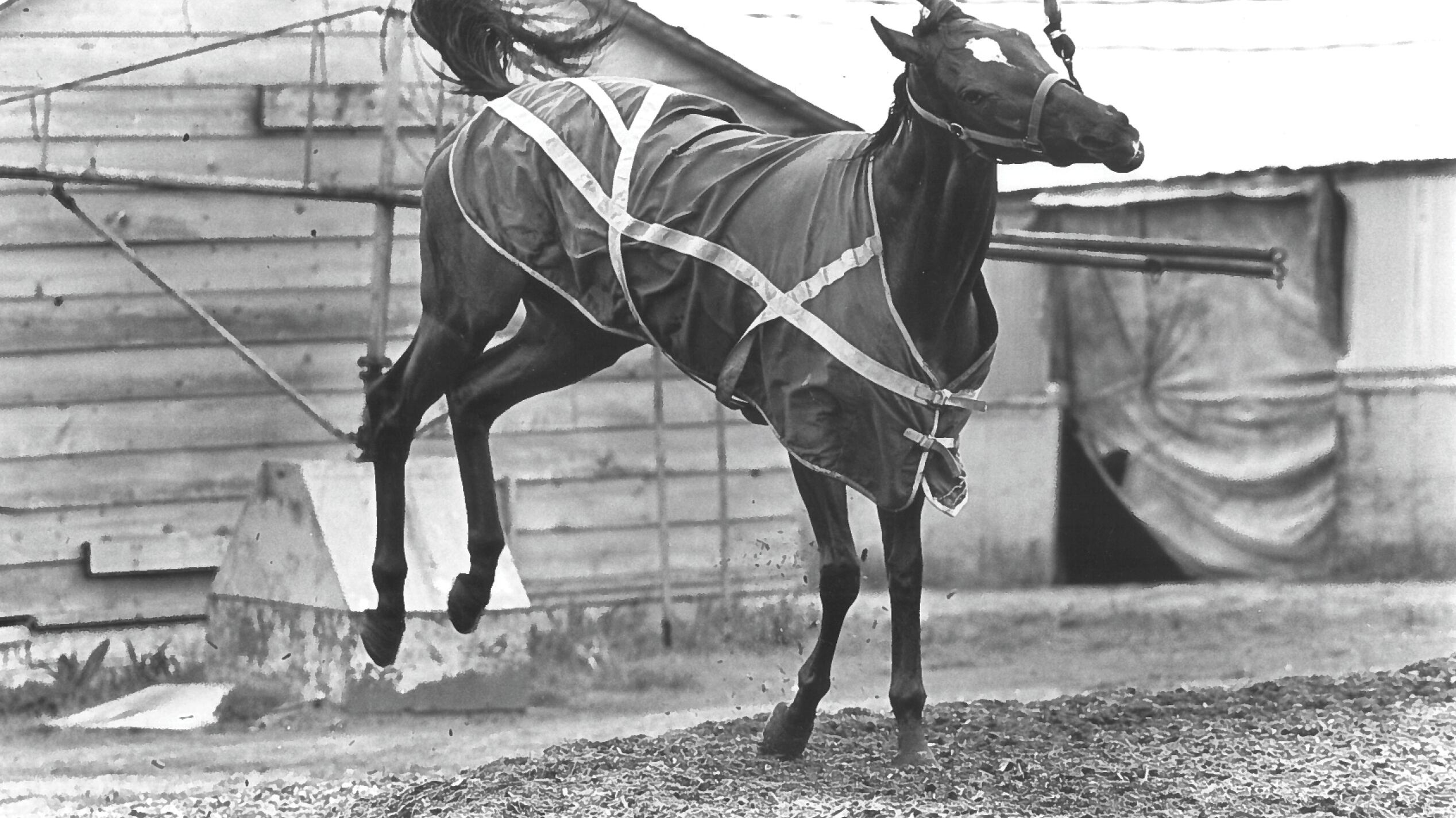WHAT HAPPENED? The Oregon Racing Commission, which regulates an animal racing industry that has shrunk to a few county fair meets and a lot of internet betting (“Track Addicts,” WW, May 17, 2023), recently decided to stop disclosing the specific sources of most of its funding.
The commission’s budget of about $4 million a year comes mostly from fees paid by companies that facilitate advance deposit wagering, or ADW, a form of internet betting. Since at least 2013, the commission has published quarterly reports disclosing the value of the bets each Oregon-based ADW company books. In 2024, that dollar volume was $6.5 billion, more than half of the $11.26 billion bet on horses that year in the U.S.
WHY DOES IT MATTER? Oregon’s dominance in ADW betting is a historical anomaly, dating to 1999, when racing boosters asked the Legislature to take a flier on internet wagering as a way to prop up a failing industry. Although the state’s commercial horse and greyhound racing tracks later closed, Oregon companies still book more than 90% of all internet racing bets, which means transparency around the state’s ADW betting industry is important.
In its 2025-27 budget proposal, the commission put it this way: “The integrity of the activity is essential.”
Carey Theil, an Oregon native who heads the Boston greyhound advocacy group GREY2K and monitors the commission, raised concerns at an April 17 meeting of the commission’s ADW committee. “It’s important that the gambling industry be transparent and report basic things,” Theil says, “like how much is being wagered and what operators are doing the most business.” Churchill Downs, the largest single ADW provider, and Xpressbet LLC, the third largest, also spoke in favor of transparency, but the commission overruled them.
State Rep. David Gomberg (D-Otis), who has bird-dogged the commission from his seat on the Joint Ways and Means Committee, says he’s disappointed. “The commission has had a long-standing record of releasing these numbers, so I’m taken aback by this sudden change in policy,” Gomberg says.
The move caught Gov. Tina Kotek by surprise. “The governor was not aware of this change and will review the rationale,” says Kotek spokeswoman Roxy Mayer. “In general, she believes transparency in ADW activity is a public good.”
WHAT DOES THE AGENCY SAY? Commission executive director Connie Winn says she made the change at the request of an ADW provider, GamePlay Network, and after consulting with the Oregon Department of Justice. But, Winn acknowledges, the commission didn’t formally vote on the matter, nor did she consult Kotek before making the change. “I am going to do whatever the governor suggests,” Winn says.
This story was produced by the Oregon Journalism Project, a nonprofit newsroom covering the state.

